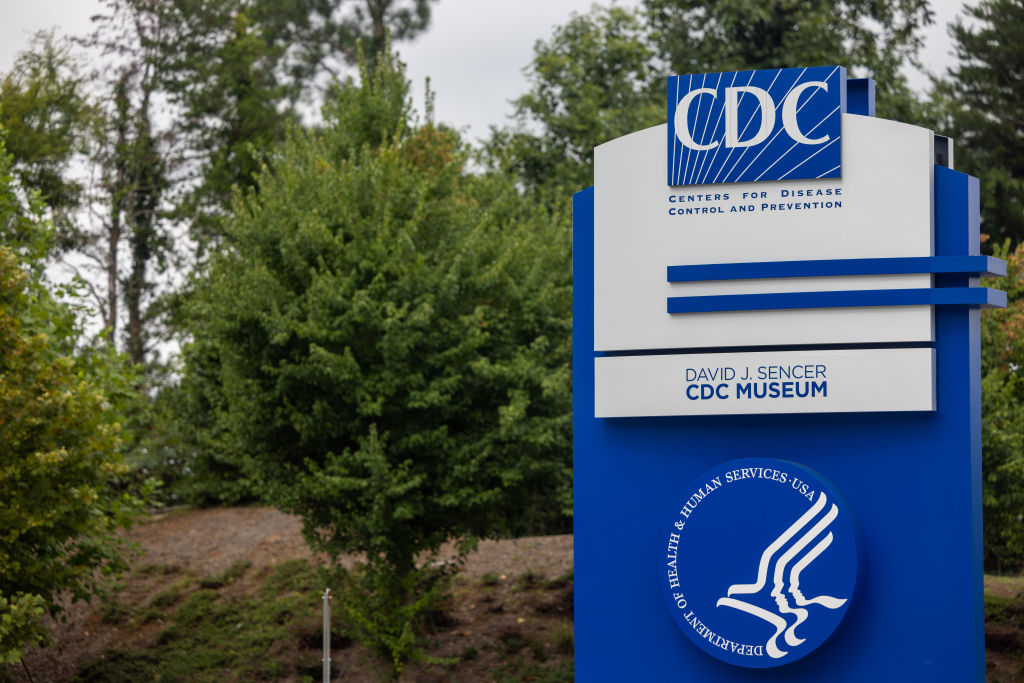Autism spectrum disorder (ASD) is not just on the rise but is skyrocketing, according to a new study published March 24 by the Centers for Disease Control and Prevention. The data was culled from the Autism and Developmental Disabilities Monitoring Network, which calculated the prevalence of ASD in 11 sites nationwide. The news is not encouraging, and despite decades of searching for answers, progress is not being made in the number of children reported with the disorder.
Researchers discovered the overall rate of autism nationwide amounts to one in 36 children. In 2018 the ASD rate was one in 44, and in 2000 it was one in 150 children, according to the report. The new study also revealed the highest rates of autism were found in children located in California. Autism has historically hit boys more than girls, but this research shows the gap is closing.
As well, the racial demographics are changing regarding increased diagnoses. “For the first time among children aged 8 years, the prevalence of ASD was lower among White children than among other racial and ethnic groups, reversing the direction of racial and ethnic differences in ASD prevalence observed in the past. Black children with ASD were still more likely than White children with ASD to have a co-occurring intellectual disability,” the report noted.
The Autism Puzzle
Despite a high-profile effort to discover the causes of autism, the medical community appears stumped. Early research centered on childhood vaccines, but a more recent study conducted by the National Institutes of Health (NIH) has led to questions regarding the use of the over-the-counter pain reliever acetaminophen by pregnant women and higher rates of autism. In discussing this nexus, the Cleveland Clinic reported, “The analysis revealed a 20% higher risk of autism and a 30% higher risk of ADHD for children who had prolonged exposure to acetaminophen during fetal development.”

(Photo by Fatih Aktas/Anadolu Agency via Getty Images)
Despite websites like FactCheck.org, which claim there is “no strong evidence that acetaminophen use during pregnancy causes autism or ADHA in children,” the FDA issued a warning about its use during the gestation period – but refrained from connecting it directly to autism. The cautionary “safety announcement” did mention an increase in ADHD as it correlated to the use of the drug but cited other reasons to stay away from acetaminophen while pregnant.
But the NIH study sent the legal community into orbit. “Need A Tylenol Autism Lawyer?” is one advertisement seeking parents willing to sue for damages based on the conclusions of the NIH study. However, there hasn’t been any additional groundbreaking research since then. Places like the Autism Treatment Center of America and several specialized periodicals are more likely to chalk autism up to multiple causes, including genetics, birth complications, and environmental factors.
While the causes of autism remain puzzling, treatment options for parents with ASD children have improved exponentially. Early remedies such as Applied Behavioral Analysis (ABA) have been refined and are still in use. But they have been augmented with such programs as Bio-Medical and nutritional interventions.
The spectrum also appears to be broader than when autism was beginning to blossom in the US. More children are being tested, and parents and educators are employing early intervention techniques. Still, autism remains a mysterious childhood conundrum that has yet to be solved.




